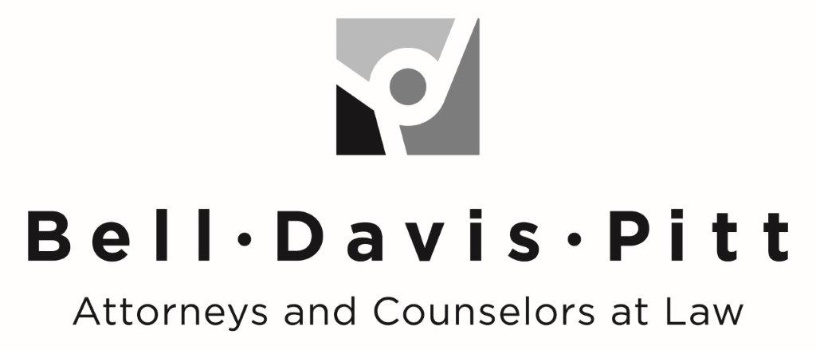When to Seek Guardianship of an Elderly Parent
Tuesday, December 13, 2016 | By: Robin J. Stinson
Desperate. Panicked. Overwhelmed. Confused. Frustrated. Exhausted. You may be feeling any one or all of these as you care for an elderly parent. You know all too well what it means to be a member of the sandwiched generation – those who are raising their young children at the same time as they are taking care of their aging parents. How do you keep your elder parent safe? How do you ensure he is being properly cared for? How do you effectively communicate with medical care providers? How do you help him with his finances? In many cases, an aging parent’s body may be failing but their mind is still sharp, and even though they need a great deal of physical assistance, they can still manage and direct their personal and financial affairs.
But what do you do when your parent’s mental faculties start to slip? How do you proceed after your parent has been diagnosed with dementia or Alzheimers? When do you need to consider pursuing a guardianship of your elderly parent? You can only become guardian of a person when he is incompetent. How do you know when someone is incompetent? In North Carolina, one who lacks sufficient capacity to manage his affairs or to make or communicate important decisions about his personal wellbeing, his family or his property is legally incompetent. The Courts consider many factors when determining whether a person is legally incompetent, including, but not necessarily limited to, the following:
- Does the person understand the consequences of his actions?
- Is the person able to recognize danger and seek assistance as needed?
- Is the person able to recognize and protect himself from personal or financial exploitation?
- Is the person able to make and communicate decisions regarding management of bank accounts, payment of bills and spending discretionary money?
- Is the person able to take care of daily living tasks such as bathing, brushing teeth, getting dressed, and preparing food?
- Is the person able to make and communicate choices about medical treatment and caregivers?
- Is the person able to notify others of illness?
- Is the person able to follow medication instructions?
- Does the person suffer from mental illness?
- Has the person been diagnosed with Alzheimers or dementia?
- Does the person suffer from mental retardation?
- Is the person epileptic?
- Is the person autistic?
The Court will consider these and other factors when determining whether a person is legally incompetent and in need of a guardian.





0 Comments